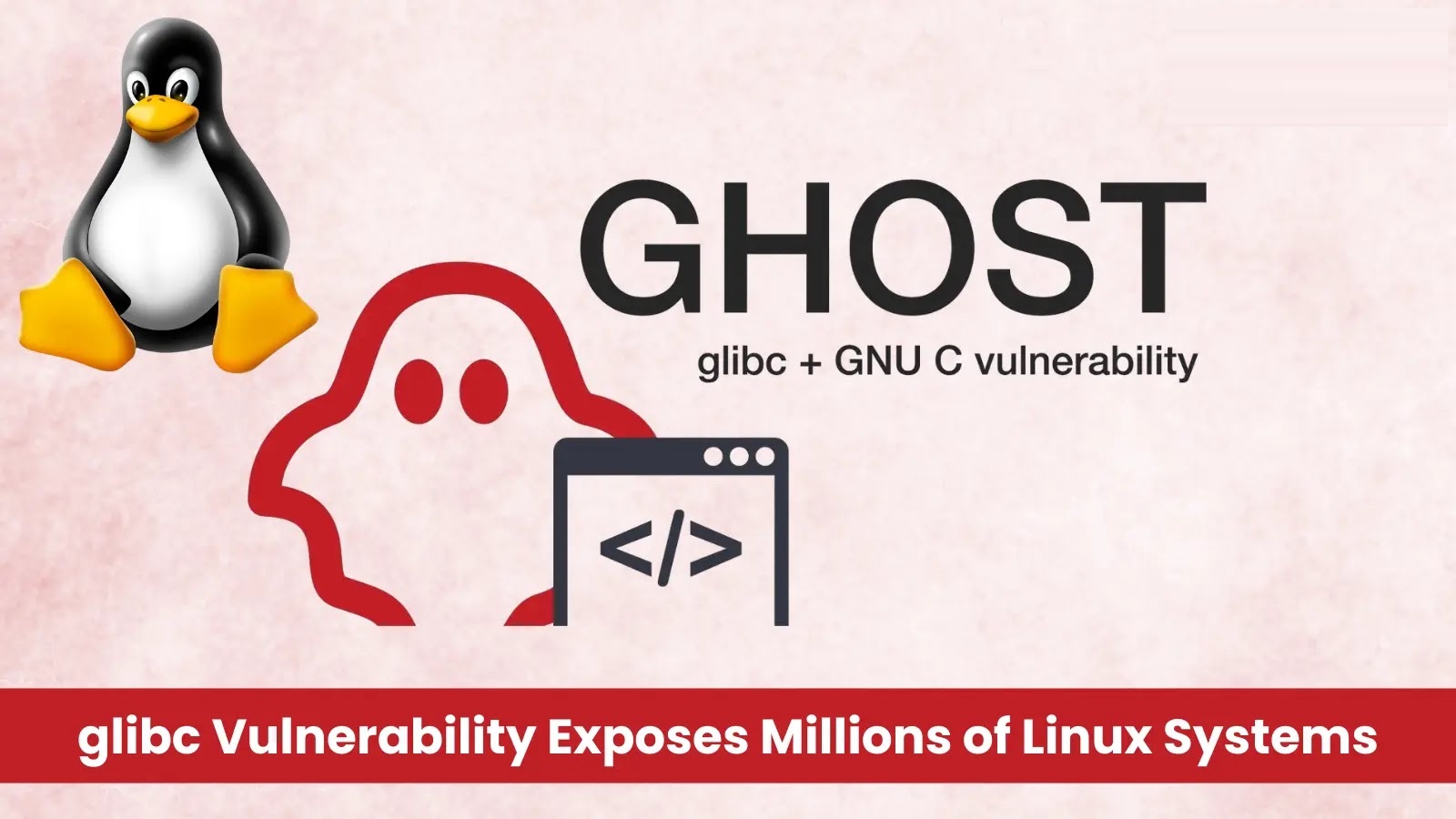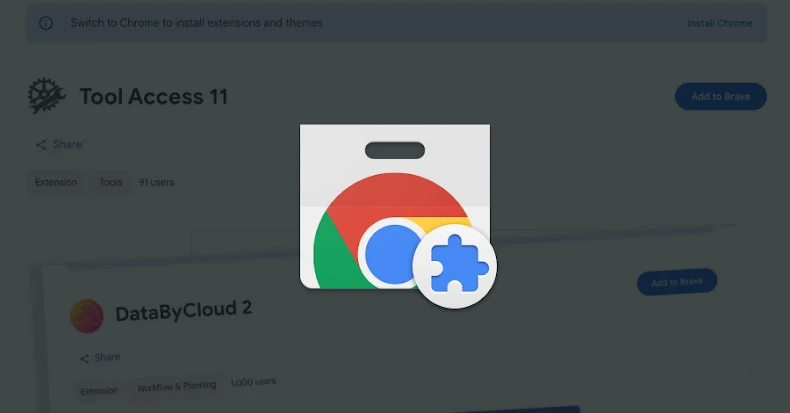A significant security flaw has been identified in the GNU C Library (glibc), potentially exposing millions of Linux systems to local privilege escalation attacks. This vulnerability, designated as CVE-2025-4802 and publicly disclosed on May 16, 2025, allows attackers to execute arbitrary code by manipulating the LD_LIBRARY_PATH environment variable.
Understanding the Vulnerability
The GNU C Library, commonly known as glibc, is a fundamental component of most Linux distributions, providing essential system services. The identified flaw specifically affects statically linked setuid binaries that invoke the `dlopen()` function, either directly or indirectly through functions like `setlocale()` or Network Security Services (NSS) functions such as `getaddrinfo()`.
Setuid binaries are programs that run with elevated privileges, typically root, regardless of the user executing them. To prevent security risks, these binaries are designed to ignore certain environment variables, including `LD_LIBRARY_PATH`, which specifies directories for dynamic library loading. However, this vulnerability allows attackers to bypass these protections.
Technical Details
The vulnerability arises when a statically linked setuid binary calls `dlopen()`. Under normal circumstances, `dlopen()` should not consider `LD_LIBRARY_PATH` when loading libraries in the context of a setuid program. Due to this flaw, the function erroneously searches directories specified in `LD_LIBRARY_PATH`, potentially loading and executing malicious libraries under elevated privileges.
The official glibc security advisory explains: A statically linked setuid binary that calls dlopen may incorrectly search LD_LIBRARY_PATH to determine which library to load, leading to the execution of library code that is attacker controlled.
Affected Systems
This vulnerability impacts systems running glibc versions from 2.27 (released in 2018) through 2.38 (released in 2023). Major Linux distributions such as Rocky Linux, Debian, Ubuntu, and others incorporating these glibc versions are potentially affected.
Proof of Concept
Security researcher Solar Designer has developed and publicly shared a test case demonstrating the vulnerability. The proof of concept involves creating a shared library with specific code and placing it in a directory listed in `LD_LIBRARY_PATH`. When a vulnerable setuid binary executes, it loads this malicious library, allowing arbitrary code execution with elevated privileges.
While the advisory notes that no such program has been discovered at the time of publishing, the vulnerability remains concerning. Custom setuid programs, though discouraged as a security practice, are prevalent in enterprise environments, making this flaw a low-probability but high-impact risk, especially in systems with legacy or custom-built static binaries.
Risk Assessment
– Affected Products: glibc versions 2.27 to 2.38
– Impact: Arbitrary code execution with elevated privileges
– Exploit Prerequisites:
– Local access to the system
– Presence of a statically linked setuid binary using `dlopen()`
– Write access to directories specified in `LD_LIBRARY_PATH`
– CVSS 3.1 Score: 9.8 (Critical)
Mitigation Strategies
System administrators are advised to take the following actions to mitigate the risk associated with this vulnerability:
1. Update glibc: Upgrade to version 2.39 or later, which includes the fix for this vulnerability.
2. Apply Security Patches: Implement available security patches provided by your Linux distribution vendor.
3. Audit Systems: Identify and review statically linked setuid binaries, particularly custom applications, to assess their vulnerability.
4. Implement Access Controls: Utilize security frameworks like SELinux or AppArmor to enforce stricter access controls.
5. Minimize Setuid Binaries: Reduce the use of setuid binaries across systems to lower the attack surface.
Organizations using older Linux distributions should consult their vendors for backported patches addressing this vulnerability, as the issue affects systems dating back to 2017 when glibc 2.27 was released.
Conclusion
The discovery of CVE-2025-4802 underscores the critical importance of maintaining up-to-date system libraries and adhering to secure coding practices. While the exploitation of this vulnerability requires specific conditions, the potential impact is severe, warranting prompt attention and remediation from system administrators and security professionals.



